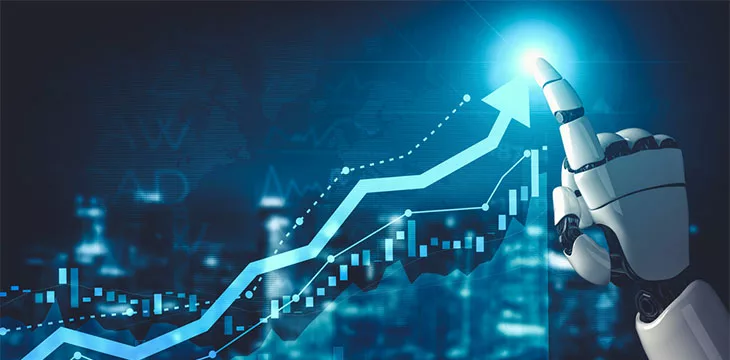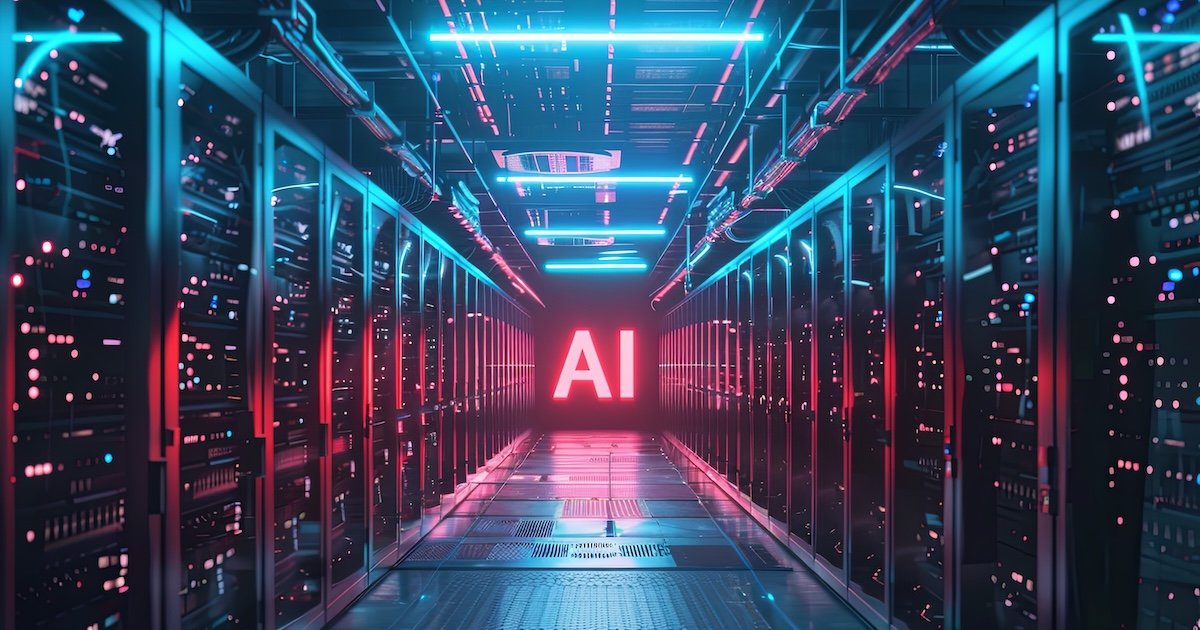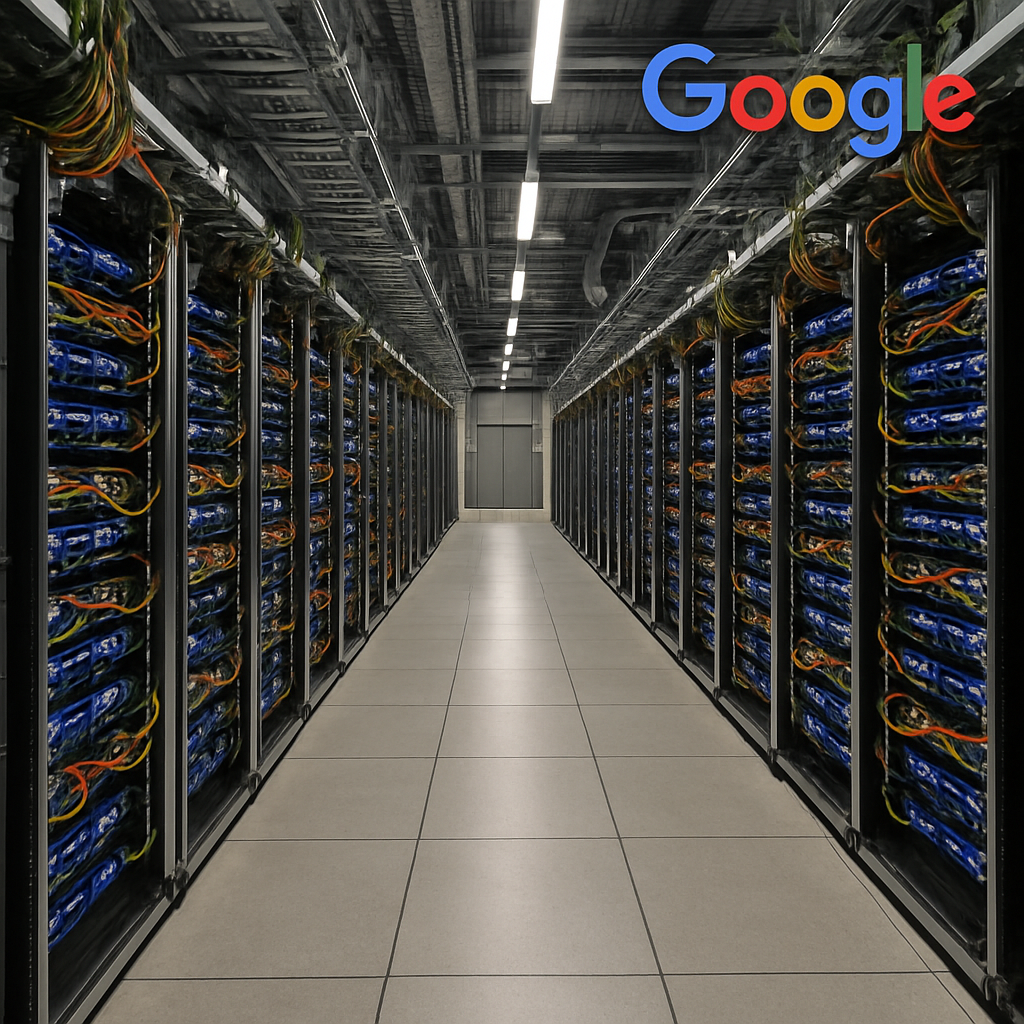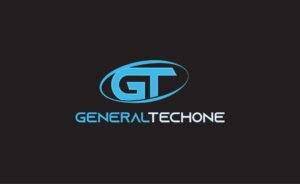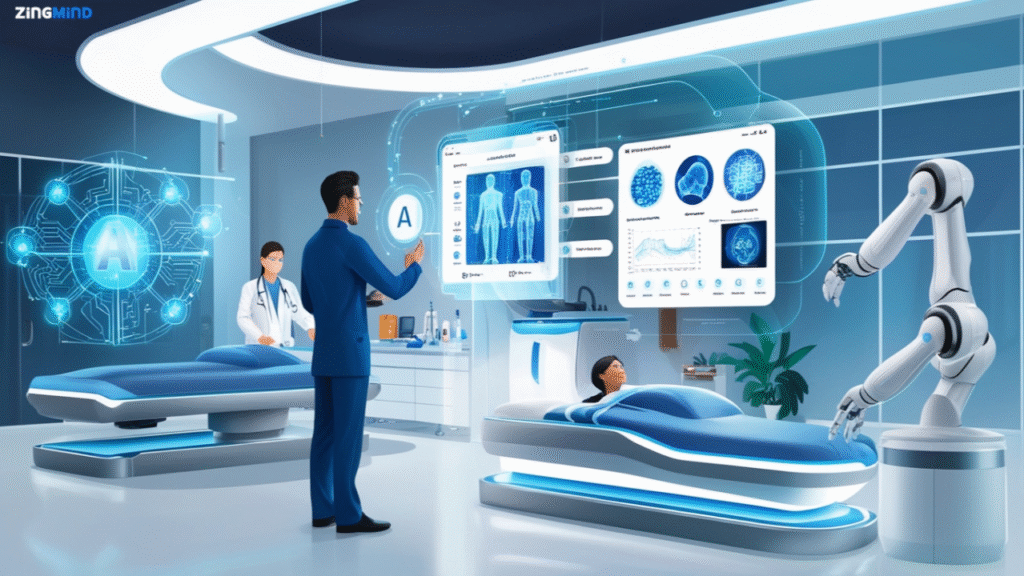How Artificial Intelligence Is Revolutionizing Medical Diagnosis
Transforming Healthcare with Precision, Speed, and Accessibility
Introduction
In today’s fast-paced digital age, Artificial Intelligence (AI) is not just changing the way we shop or communicate, it’s reshaping entire industries especially Artificial Intelligence in Medical Diagnosis. One of the most transformative areas is healthcare, particularly in Artificial Intelligence in Medical Diagnosis . From detecting diseases faster to minimizing human error, AI is bringing a new era of precision medicine that is more accessible and efficient than ever before. Explore more AI trends.

What Is Artificial Intelligence in Medical Diagnosis?
AI in healthcare refers to the use of machine learning, deep learning, and natural language processing to analyze complex medical data. AI systems are trained using thousands, sometimes millions of medical images, records, or cases to detect anomalies, suggest diagnoses, and even recommend treatment plans.
Popular examples include:
- IBM Watson Health: used for cancer diagnostics
- Google DeepMind: recognized for its success in eye disease detection
- Aidoc & Zebra Medical Vision: AI platforms that analyze radiology images in seconds
How Artificial Intelligence in Medical Is Revolutionizing Diagnosis?
- Faster and More Accurate Detection
AI algorithms can quickly scan through X-rays, CT scans, MRIs, and pathology slides to detect abnormalities like tumors, fractures, or infections, often with greater accuracy than human radiologists.
Example: Google’s AI model detected breast cancer more accurately than radiologists in a 2020 study published in Nature.
- Early Detection Saves Lives
Diseases like cancer or diabetic retinopathy, when detected early, have significantly higher survival rates. AI helps identify these conditions at pre-symptomatic stages, which was previously hard to achieve.
- Remote and Rural Diagnostics
AI tools can be deployed in rural or underserved areas where medical professionals are scarce. Tools like mobile diagnostic apps can provide preliminary analysis of symptoms or images, connecting patients to proper care faster.
Example: In India and Africa, AI-powered handheld ultrasound tools are being used to detect pregnancy risks in remote villages.
- Reducing Human Error
Even the most experienced doctors can miss a diagnosis. AI acts as a second opinion, flagging potential issues and helping prevent misdiagnosis due to fatigue, oversight, or limited access to information.
- Customized Treatment Plans
AI can analyze genetic profiles, lifestyle data, and medical history to recommend personalized treatment. This is the future of precision medicine, tailored to each patient’s unique needs.
Benefits for the Healthcare Sector
For clinics, hospitals, and diagnostic labs, integrating AI offers:
- 💰 Cost Savings: Early detection = reduced treatment costs
- ⏱️ Time Efficiency: Faster diagnosis leads to quicker treatment
- 📊 Data-Driven Decisions: Better analysis = improved outcomes
- 🌍 Scalability: Serve more patients with fewer resources
How Businesses & Entrepreneurs Can Benefit
If you are a tech entrepreneur, digital health startup, or a software developer, here is how you can capitalize on this growing field:
- Develop AI-Powered Diagnostic Tools
- Partner with hospitals or labs
- Use open-source AI models like TensorFlow or PyTorch
- Target niche conditions (e.g. skin cancer, dental issues and retina scans)
- Offer AI Integration for Clinics
- Create SaaS solutions for radiologists or GPs
- Build voice-to-text record-keeping apps using AI for doctors
- Affiliate Marketing or Blogging
- Write educational posts on AI in healthcare
- Promote diagnostic apps, software, or AI tools with affiliate links
- Monetize traffic via Google AdSense or medical tech sponsors
- Healthcare Data Analytics Services
- Start a B2B service offering AI-driven reports for hospital decision-makers

